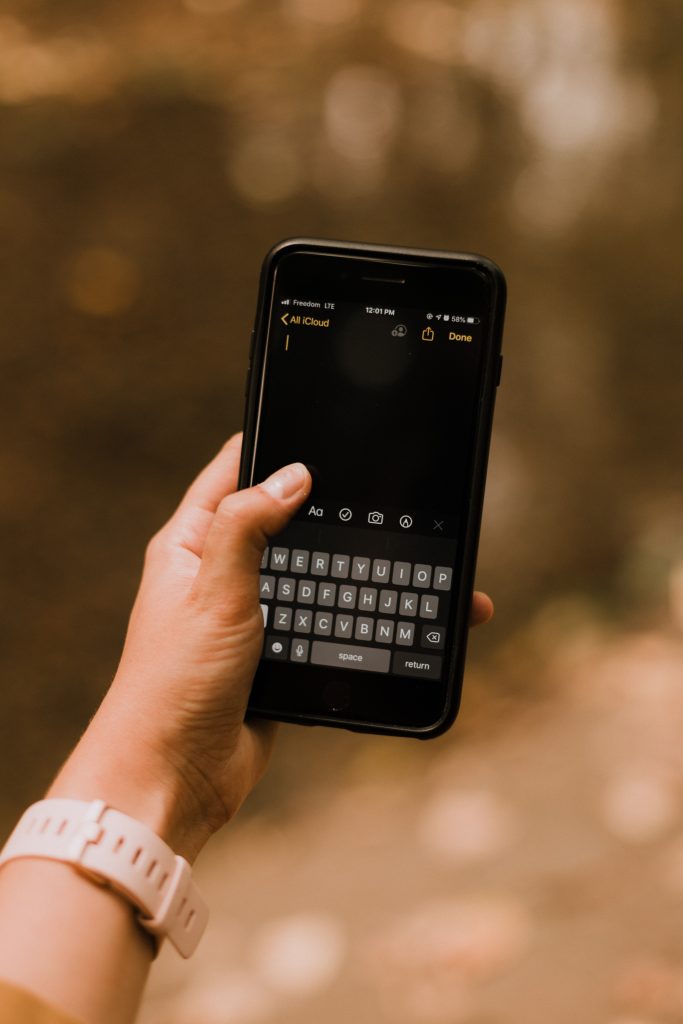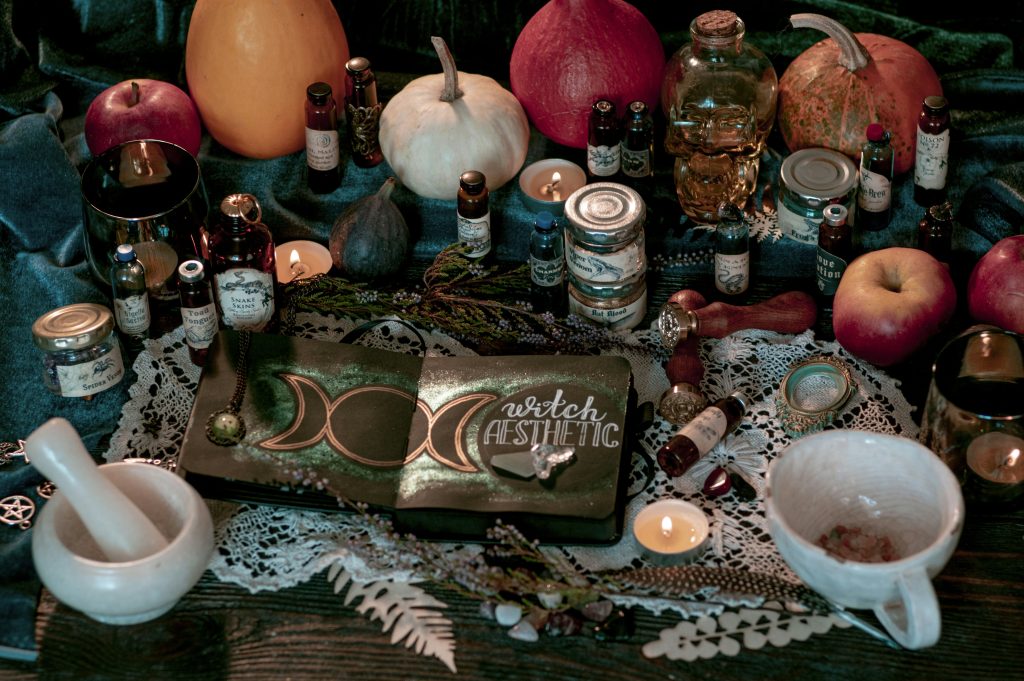Did you ever wonder why the iconic band, The Beatles, suddenly decided to stop touring? Well, you’re about to find out! In this article, we’ll explore the reasons behind their decision and shed light on this fascinating chapter in their legendary career. From the overwhelming pressures of fame to artistic growth and the pursuit of new musical horizons, several factors contributed to their unexpected departure from the touring scene. So, let’s take a journey back in time and uncover the story behind why the Beatles stopped touring. Get ready to discover the untold aspects of their remarkable journey! Disclosure: As an Amazon Associate, I earn from qualifying purchases.
The Beatles’ Exhausting Touring Schedule
The Beatles were undoubtedly one of the most influential bands in history, captivating audiences all over the world with their infectious music and charismatic performances. However, behind the scenes, the band members faced tremendous challenges and struggles while relentlessly touring. Their demanding schedule took a toll on their health, both physically and mentally, as they traveled from one city to another, performing night after night.
Touring Takes a Toll on the Band’s Health
Constantly being on the road meant that the Beatles had little time to rest and take care of their health. Long flights, irregular sleep patterns, and jet lag became a common occurrence for the band, leaving them exhausted and susceptible to illness. This whirlwind lifestyle severely impacted their physical well-being, putting strain on their bodies and immune systems.
Constant Travel and Jet Lag
The Beatles’ touring schedule brought them to various countries and continents, which meant they had to endure long flights and numerous time zone changes. The constant travel and adjustments to different environments took a toll on their bodies and led to extreme fatigue. Jet lag became a constant companion, leaving the band members feeling disoriented and drained during performances.
Pressure to Perform Nightly Shows
As one of the most popular and influential bands of their time, the Beatles faced immense pressure to deliver exceptional performances every night. Fans had high expectations, and the band felt the weight of meeting those expectations night after night. This pressure to consistently perform at their best added to the already demanding nature of their touring schedule, leaving the band physically and mentally drained.
The Shea Stadium Concert and its Impact
Amongst their grueling touring schedule, the Beatles’ performance at Shea Stadium stands out as a pivotal moment in their career. This groundbreaking concert showcased the sheer magnitude of their popularity and the challenges they faced in managing such a massive event.
The Groundbreaking Concert at Shea Stadium
On August 15, 1965, the Beatles took the stage at Shea Stadium in front of a record-breaking crowd of over 55,000 fans. This historic event marked the first-ever stadium concert and set a new precedent for the future of live performances. The excitement and hysteria surrounding the concert were unprecedented, highlighting the intense level of fame the band had achieved.
Technical Challenges and Limitations
The technological limitations of the time posed significant challenges for the Beatles during the Shea Stadium concert. The sound systems were not advanced enough to adequately amplify their music over the screaming fans, resulting in a distorted and muffled sound. The band’s instruments and voices were often drowned out by the deafening roar of the crowd, making it difficult for both the band and the audience to fully experience the music.
Safety Concerns and Security Issues
The overwhelming popularity of the Beatles led to safety concerns and security issues during the Shea Stadium concert. The lack of proper crowd control and security measures resulted in chaotic scenes and potential danger for both the band and the fans. The band struggled to maintain their focus and deliver a quality performance amidst the pandemonium, further highlighting the need for more controlled and secure environments for future concerts.

The Band’s Creative Evolution and Studio Focus
As the Beatles continued their journey, their artistic vision began to evolve, leading them to explore new musical directions and shift their focus from live performances to the recording studio. This transition allowed them to experiment with new sounds, techniques, and concepts, ultimately shaping their legacy as groundbreaking musicians and producers.
Exploring New Musical Directions
Driven by their innovative spirit and thirst for creative growth, the Beatles started to push the boundaries of their music. They delved into new genres, incorporating elements of psychedelia, Indian classical music, and avant-garde influences into their songs. This experimentation allowed them to evolve their sound and expand their musical horizons beyond what was expected or familiar.
Experimentation with Studio Techniques
The Beatles’ decision to focus on recording and production opened up new possibilities for them to experiment with studio techniques and technologies. They embraced innovative approaches such as double-tracking vocals, tape manipulation, and the use of unconventional instruments and sound effects. This emphasis on the studio as a creative playground allowed them to weave intricate layers of sound and re-define the possibilities of popular music.
A Desire to Perfect Their Craft
The band’s shift towards the studio also stemmed from their desire to perfect their craft and create music that could not be replicated in a live setting. They wanted to explore the intricacies of their compositions and meticulously craft each sound element, allowing them to achieve a level of depth and complexity that would be challenging to achieve in a live performance. This dedication to their artistry became a driving force in their decision to prioritize recording over touring.
Growing Disconnect with Live Performance
Despite the Beatles’ early success on stage, their growing artistic evolution and personal experiences led to a sense of disconnect with the live performance aspect of their career. The overwhelming hysteria of their fans, coupled with the limitations imposed on them as live performers, left the band yearning for more meaningful and fulfilling musical experiences.
Inability to Hear Themselves Over Screaming Fans
The Beatles’ meteoric rise to fame was accompanied by a wave of fanatical and often deafening fan reactions at their live shows. This level of hysteria created an environment where the band struggled to hear themselves play and sing. The sheer volume of the screaming fans drowned out their own sound, making it difficult to fully immerse themselves in the music and deliver the performance they desired.
Lack of Artistic Freedom in Live Shows
The demands and expectations placed on the Beatles during their live performances left them feeling constrained and unable to fully express their artistic vision. The need to stick to a setlist, perform their hits in a certain way, and maintain their image as lovable pop stars limited their creative freedom. This conflict between artistic expression and commercial expectations led to a growing dissatisfaction with the live performance aspect of their career.
Yearning for More Meaningful Musical Experiences
As the Beatles’ music and personal journeys evolved, they found themselves yearning for more meaningful and fulfilling musical experiences than the live performances could provide. They longed to explore the depths of their creativity in a controlled and intimate environment where they could fully connect with their music and each other. This yearning ultimately led them to prioritize studio work over the demands of touring.

The Controversial ‘More Popular than Jesus’ Incident
In the midst of their already tumultuous journey, the Beatles found themselves embroiled in a controversy that further strained their relationship with the public and heightened the challenges they faced in their daily lives.
The Beatles’ Innocent Remarks Spark Outrage
In a 1966 interview with Maureen Cleave of the London Evening Standard, John Lennon made a remark that would spark outrage and backlash across the globe. He innocently mentioned that the Beatles were more popular than Jesus, highlighting the decline of Christianity’s influence among the younger generation. However, this statement was taken out of context and misinterpreted, leading to public outcry and condemnation.
Escalating Controversy and Threats
As the media sensationalized the controversy, the negative attention intensified, leading to death threats, record burnings, and bans on the Beatles’ music in certain countries. This escalating controversy not only put the band’s personal safety at risk but also had a profound impact on their ability to engage with the public and continue their live performances.
Increasing Difficulty with Public Appearances
The backlash from the ‘More Popular than Jesus’ incident made it increasingly challenging for the Beatles to navigate public appearances and connect with their audience. The once euphoric and joyous atmosphere surrounding their concerts began to dissolve, replaced by tension and hostility. This strain on their relationship with the public further contributed to their growing disillusionment with touring.
Experiencing Burnout and Personal Struggles
The relentless pressure of fame, the constant touring, and the personal sacrifices made by the band members took a toll on their mental and emotional well-being. As individuals, they faced their own personal struggles and journeys that contributed to their collective decision to step away from touring.
The Pressure of Fame and Fanaticism
The Beatles’ unprecedented level of fame and fanaticism put immense pressure on each band member individually and as a collective unit. They were constantly in the public eye, and every move they made was scrutinized and analyzed. This constant pressure to live up to the expectations of their fans and the media took a toll on their mental health, leaving them in need of a break from the public spotlight.
Prolonged Time Apart from Loved Ones
The demanding touring schedule meant that the band members spent prolonged periods away from their loved ones, including wives, girlfriends, and families. The emotional toll of being separated from their support systems and the difficulty in maintaining personal relationships added to the strain and burnout they experienced. The desire for a more balanced and fulfilling personal life became a driving factor in their decision to stop touring.
Individual Growth and Personal Relationships
As individuals, each member of the Beatles was undergoing personal growth and transformation. Their journeys of self-discovery led to changing priorities and different creative interests. As they matured, they sought deeper connections, both personally and artistically, which became increasingly difficult to achieve within the confines of their demanding touring schedule.

Escalating Security Concerns and Fan Hysteria
The Beatles’ overwhelming popularity and the frenzy of their fans created security concerns that drastically impacted their ability to perform safely and enjoy their live shows. The level of fanaticism reached such heights that it became a threat to the band’s personal safety.
Coping with Overwhelming Fanatical Crowds
The unprecedented level of fan hysteria surrounding the Beatles made it challenging for the band to cope with the overwhelming crowds at their live performances. The intensity of the fans’ emotional reactions created an environment that was not only physically suffocating but also psychologically taxing for the band and their support staff.
Security Challenges and Inadequate Measures
The security measures in place during the Beatles’ live performances were often inadequate given the scale of their popularity and the level of fan hysteria. The band and their team struggled to ensure the safety of not only themselves but also their fans. This lack of adequate security measures added to the stress and anxiety they experienced during their live shows.
Risk to Personal Safety
The escalating security concerns and the potential risk to their personal safety became a significant factor in the Beatles’ decision to stop touring. The threats, dangers, and chaotic scenes they encountered during live performances reached a point where continuing to tour became unsustainable and put their overall well-being at risk.
Technical Limitations in Live Performances
During the Beatles’ early years of touring, the technology to support large-scale live performances was not as advanced as it is today. The band had to contend with technical limitations that impacted the quality of their live shows and hindered their ability to fully showcase their musical talents.
Inadequate Sound Systems and Equipment
The sound systems available during the Beatles’ touring years were not designed to handle the massive crowds and the level of fan noise they generated. As a result, the band often struggled to hear themselves and experienced difficulties maintaining a balanced and clear sound. The limitations of the technology available at the time dimmed the quality of their performances in live settings.
Lack of Technical Support for Large Venues
The lack of adequate technical support for large venues added to the challenges faced by the Beatles during their live performances. The logistics of setting up their equipment, managing the sound, and ensuring the smooth running of the show were often disrupted due to the limitations in technical resources. These challenges further contributed to their frustration and dissatisfaction with the live performance aspect of their career.
Difficulty in Replicating Studio Sound
The Beatles’ transition from the recording studio to the live stage presented a significant challenge in replicating the intricate studio sound they had meticulously crafted. The nuanced layering of voices, instruments, and sound effects that defined their recorded music did not always translate well in a live setting. This discrepancy between the studio and live sound quality further highlighted the limitations of the technology available at the time.

Public Pressure to Live Up to Expectations
As the Beatles’ popularity soared, the public’s expectations for their music and performances grew exponentially. The band faced immense pressure to maintain their success in the music industry and deliver performances that would continue to captivate and satisfy their ever-growing audience.
Pressure to Maintain Music Industry Success
The Beatles’ impact on the music industry was undeniable, and with each new release, the world eagerly awaited their next masterpiece. The pressure to consistently produce innovative, groundbreaking music and stay ahead of the ever-evolving music scene placed a heavy burden on the band. Their need to live up to their own reputation and the expectations of their fans became increasingly challenging as they strived to maintain their relevance and integrity.
Audience Expectations and Critic Reviews
The Beatles set a new standard for popular music, and their audience and critics held them to incredibly high expectations. Every live performance was scrutinized, analyzed, and compared to their previous successes. The desire to please their fans and the fear of disappointing both their audience and the critics added to the pressure they felt while on tour.
Fear of Losing Relevance
As the music landscape continued to evolve, the Beatles feared losing their relevance and being overshadowed by newer, emerging artists. The pressure to adapt to the changing times and retain their position as the vanguards of popular music weighed heavily on their minds. This fear of becoming obsolete or outdated contributed to their decision to shift their focus from live performances to the studio, where they could retain control over their creative output and continue to experiment and innovate.
The Final Concert and Aftermath
The Beatles’ final live performance took place on August 29, 1966, at Candlestick Park in San Francisco. This iconic moment marked the end of an era and the beginning of a new chapter in their career, as they transitioned their focus from touring to recording and production.
The Beatles’ Last Live Performance at Candlestick Park
Candlestick Park witnessed the Beatles’ last live performance before an audience of over 25,000 fans. As the band took the stage one last time, a mix of emotions was palpable on both sides— from the fans who were both elated and saddened by the end of the touring era, and from the band members themselves, who felt a sense of both relief and nostalgia.
Mixed Emotions and a Sense of Relief
The Beatles’ decision to retire from live performances left them with mixed emotions. On one hand, the relentless pressure, the toll on their health, and the exhausting nature of touring had taken its toll, leaving them relieved to step away from the constant demands of the road. On the other hand, they were conscious of the emotional connection they had with their fans during live performances and felt a certain nostalgia for those moments of shared joy and musical celebration.
Transition to Focusing on Recording and Production
Following their final live performance, the Beatles dedicated themselves to further exploring their musical creativity in the recording studio. They shifted their focus to producing albums that would become masterpieces of their time, including “Sgt. Pepper’s Lonely Hearts Club Band” and “The White Album”. This transition allowed them to fully immerse themselves in their craft without the constraints and challenges of live performances.
In conclusion, the Beatles’ decision to stop touring was influenced by a multitude of factors, ranging from the physical and mental toll of a rigorous schedule to the desire for artistic growth and personal fulfillment. Their experiences with fan hysteria, security concerns, technical limitations, and the pressure to live up to expectations all played a role in their collective decision. Ultimately, this pivotal decision allowed the Beatles to embark on a new phase of their career, where they could dive deeper into their creativity and refine their craft in the recording studio.
Disclosure: As an Amazon Associate, I earn from qualifying purchases.

